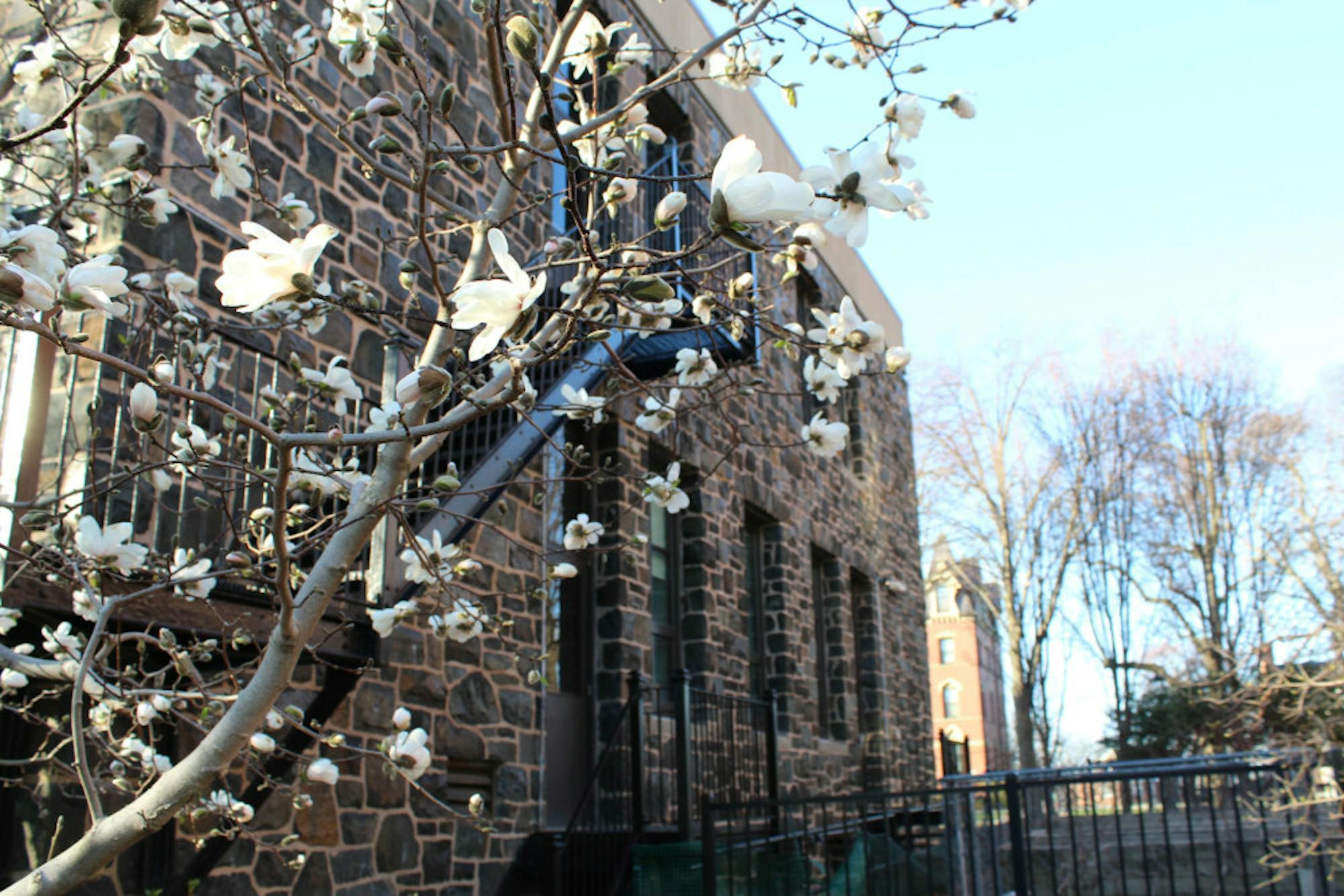The Center for Information & Research on Civic Learning and Engagement (CIRCLE) at the Jonathan M. Tisch College of Civic Life recently released a report titled “Youth Concern About Climate Change Drives Civic Engagement.”
Based on the idea that global warming is an issue that is increasingly affecting more and more people across the globe, the report found that “youth concern about climate change has emerged as one of the top issues driving both their activism and their participation at the ballot box.”
“Young people are given fewer opportunities in terms of [political engagement] … especially with an issue like climate where it affects future generations’ well-being, [it is important] to really give more voice and input to young people,” Sara Suzuki, who led the research team at CIRCLE, said.
This has made it all the more important to examine youth engagement with climate change and ways to address this unequal engagement.
The process of writing the report began by working with data about youth engagement across a variety of different issues and analyzing it.
“Our data comes from a survey CIRCLE — in partnership with professional survey companies — fielded,” Suzuki said. “It’s a subsample but it represents the U.S. youth population in 2020. One of our questions in that survey was ‘Which are your top three issues that impact who you’re going to vote for president?’ and that is the data that we were analyzing.”
Alberto Medina, communications team lead at CIRCLE, elaborated on how this data analysis focused not only on the issues youth activists deem important but also on the existing inequities and discrepancies in youth engagement. According to Medina, CIRCLE sourced data from both its own polling and from exit polls conducted by the Associated Press.
"We’re interested in how concern on an issue like climate, which is so widespread, can be a pathway [into more engagement with civic life],” Alberto Medina said.
The ultimate conclusion from CIRCLE’s analysis was that youth heavily prioritized climate change when considering who they would vote for and why they wanted to be politically active. Additionally, CIRCLE analyzed who is currently engaged in climate activism and how that relates to other forms of civic engagement.
“What we were finding was that young people overwhelmingly rate climate change as one of the top issues that influence who they vote for president, and it’s an issue that they really strongly care about,” Suzuki said. “At least 13% named it as the number one issue. … A lot of young people rate multiple issues highly, so we think that these differences are actually an opportunity to engage young people further by thinking about the intersection of different issues … with climate change.”
These intersections are necessary to understand the ripple effects that global warming has on other policy issues, and CIRCLE’s findings show how that understanding has increased engagement with climate activism. The report reflects on how youth in different areas across the country deal with climate change differently because of societal factors.
“A lot of it comes down to not treating young people as a monolith,” Medina said. “It might not be the same for a young person in the West or on the Colorado River experiencing droughts versus a person in another part of the country that isn’t having those direct experiences with the consequences of climate change. … You can build strategies to reach them and to engage them not based on this general idea of ‘young people want this or need this,’ but on the actual needs and concerns that you’re directly hearing.”
Reports like this one are often the first step in understanding and acting on disparities in engagement. Working with organizations like Action for the Climate Emergency and AP VoteCast gave the writers access to detailed polling data about voters’ perceptions of the election and different issues. Analyzing this data about activists’ behavior is important for the prospect of engaging them politically.
“Reports give validity to what we see ‘on the ground,’” Julia Silberman, a member of Tufts Climate Action’s executive board, wrote in an email to the Daily. “They can show those in power that we care about these issues and that their (electable) positions could be in jeopardy if their constituents feel they do not prioritize climate change. Also, it is always useful to increase involvement when others see that there is a strong base supporting an idea/doing activist work; it’s a bandwagon effect.”
However, there are still barriers to youth organizing around climate action. To Silberman, utilizing this “bandwagon effect” can be the key for activists to continue pushing for change and providing valuable solutions.
“We understand that the climate crisis isn’t just going to shape our future — it is our future,” Silberman, a junior, wrote. “Psychologically, I think there’s a barrier of ‘climate doom.’ Little victories can feel pointless/useless in the face of corporations and stagnating politics. … To support youth organizing, it is useful for others to offer resources, validity (such as a renowned professor signing onto an initiative), or people power!”






